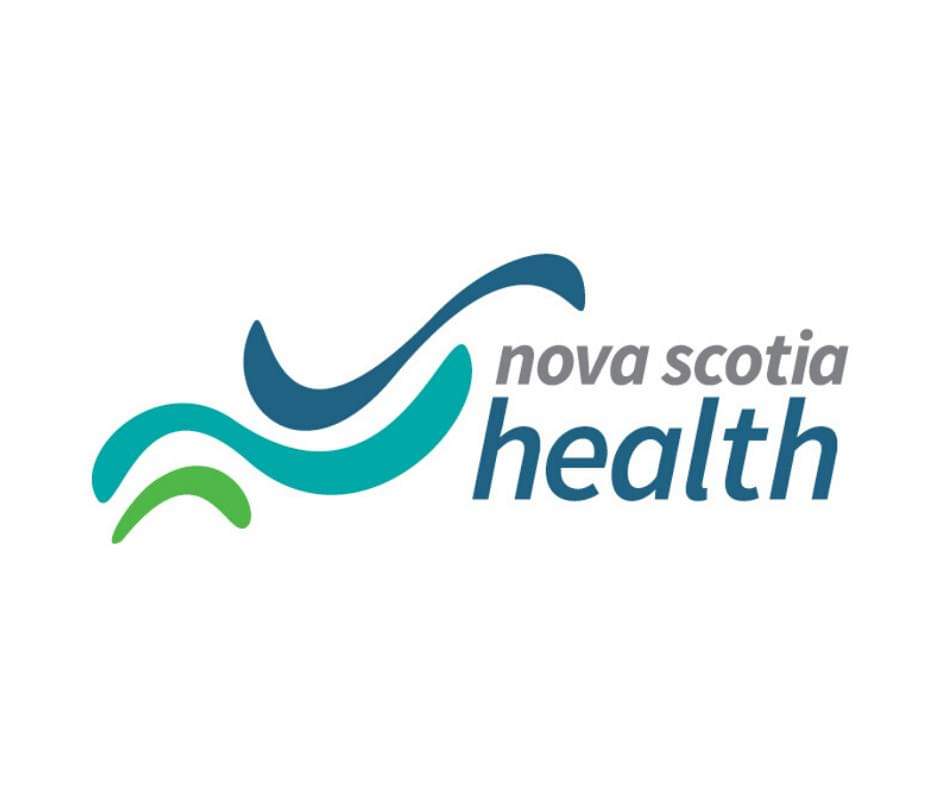**** NSHA Media Release
Increased HIV cases in Nova Scotia
Public Health and its clinical partners have observed an increase in people newly diagnosed with HIV in Nova Scotia.
Normally, Public Health expects to see approximately 15-20 new cases of HIV in Nova Scotia during an entire year. This year, by the end of August, Public Health had 20-25 new cases.
This new information could not be previously confirmed based on the data available at the time. It should be noted data is subject to change due to changes in case status, delays in reporting, and/or data validation. This may also explain changes in the number of reported cases in previous months for some diseases. Please interpret the provided data with caution.
Public Health supports contact tracing for people newly diagnosed with HIV, but some contacts are anonymous. This is why it’s important to get tested and know your status if you are part of a population at increased risk of HIV acquisition.
People newly diagnosed with HIV have been primarily traced back to social circles based in Halifax Regional Municipality, although live throughout the province. As part of the case investigation, the most prominent risk factors identified are men having sex with men and people who use drugs, including people who share drug equipment.
Prevention
Public Health encourages those who are at increased risk for HIV acquisition to take these steps:
- Get tested to know your HIV status. Limit your sexual partners until you know your status.
- Use a latex condom every time you have sex, including oral and anal sex.
- Don’t share needles and syringes used to inject drugs, steroids, vitamins, or for tattooing or body piercing. Also, don’t share equipment (“works”) used to prepare drugs to be injected.
- Don’t share razors, sex toys, or toothbrushes because of the possibility of contact with blood.
- If possible, keep a way to reach your sexual partners so they can be informed of potential exposure to HIV should you test positive.
People at increased risk for contracting HIV
You may be at higher risk if you meet the following criteria:
- Have multiple sex partners (serial or concurrent) and/or anonymous sexual partnering.
- Cisgender or transgender queer man, a two-spirit person or a non-binary person who has sexual contact with a cisgender or transgender queer man, a two-spirit person or a non-binary person.
- Have or have recently had a sexually transmitted infection, such as chlamydia, gonorrhea, syphilis, or genital herpes.
- Inject drugs or steroids, especially if you share needles, syringes, cookers, pipes, or other drug-consumption equipment.
- Have had tattooing, piercing, or acupuncture with unsterilized equipment.
- Have high-risk partner(s), especially partners who inject drugs, partners with multiple sexual partners, or male partners who have sex with men.
Testing in Nova Scotia
Nova Scotians can access HIV testing through primary care providers, including family doctors, nurse practitioners, walk in clinics and Virtual Care NS.
Testing is also available at the following clinics:
CENTRAL ZONE
Halifax Sexual Health Centre
7071 Bayers Rd., Suite 302, Halifax
QEII STI Clinic
5th floor Dickson Building, QEII
5820 University Avenue, Halifax
https://www.nshealth.ca/service-details/STI%20and%20STD%20Clinic
Clayton Park STI Clinic
Dr. Michelle Ciach
310-255 Lacewood Dr., Halifax
Newcomer Health Clinic
Resource for government assisted refugees, privately sponsored refugees and refugee claimants in the greater Halifax area.
Mumford Professional Centre
6960 Mumford Rd., Suite 0265 (main floor), Halifax
https://www.nshealth.ca/content/newcomer-health-clinic
Wije’winen Health Centre
Resource for Indigenous people residing in Halifax Regional Municipality
2021 Brunswick St., Suite 209, Halifax
https://mymnfc.com/event/wijewinen-health-centre/
EASTERN ZONE
Ally Centre of Cape Breton
150 Bentinck St., Sydney
https://www.allycentreofcapebreton.com/services/#health
NORTHERN ZONE
Truro Sexual Health Centre
Fundy Trail Mall – Suite 130
68 Robie St., Truro
https://trurosexualhealth.com/
WESTERN ZONE
The Red Door
10 Webster St., Suite 203, Kentville
https://thereddoor.ca/services/
Tri-County Wellness Clinic
12 Cumberland St., Yarmouth
http://www.tricountywomenscentre.org/wellness-clinic.html
If you have a history of recent HIV exposure or multiple anonymous sexual contacts, please contact Public Health at 1-902-481-5824 to facilitate the appropriate testing to rule out an acute HIV infection. Please leave a voicemail and include your name and phone number for a call back.
Safer Drug Supply Resources
Mainline Needle Exchange – Harm Reduction Program
5367 Cogswell St., Halifax
Office: 902-423-9991
Central Outreach (HRM): 902-830-3853
Provincial Outreach: 902-210-4205
Community Outreach: 902-830-9419
https://mainlineneedleexchange.ca/
Peer N Peer – Harm Reduction for 2SLGBTQIA+ Communities
AIDS Coalition of Nova Scotia
5516 Spring Garden Rd., Suite 203, Halifax
Andrew Thomas, Peer N Peer Coordinator
https://acns.ns.ca/progs-services/peer-n-peer.html
Additional Helpful Resources
AIDS Coalition of Nova Scotia: https://acns.ns.ca/info-resources/testing
HIV General Information: https://novascotia.ca/dhw/CDPC/cdc/documents/HIV-General-Information.pdf
Nova Scotia Advisory Commission on AIDS FAQ: https://novascotia.ca/aids/faq.asp
HIV Testing & Reporting in Nova Scotia: https://novascotia.ca/dhw/CDPC/documents/06027-HIV-Testing-and-Reporting.pdf




